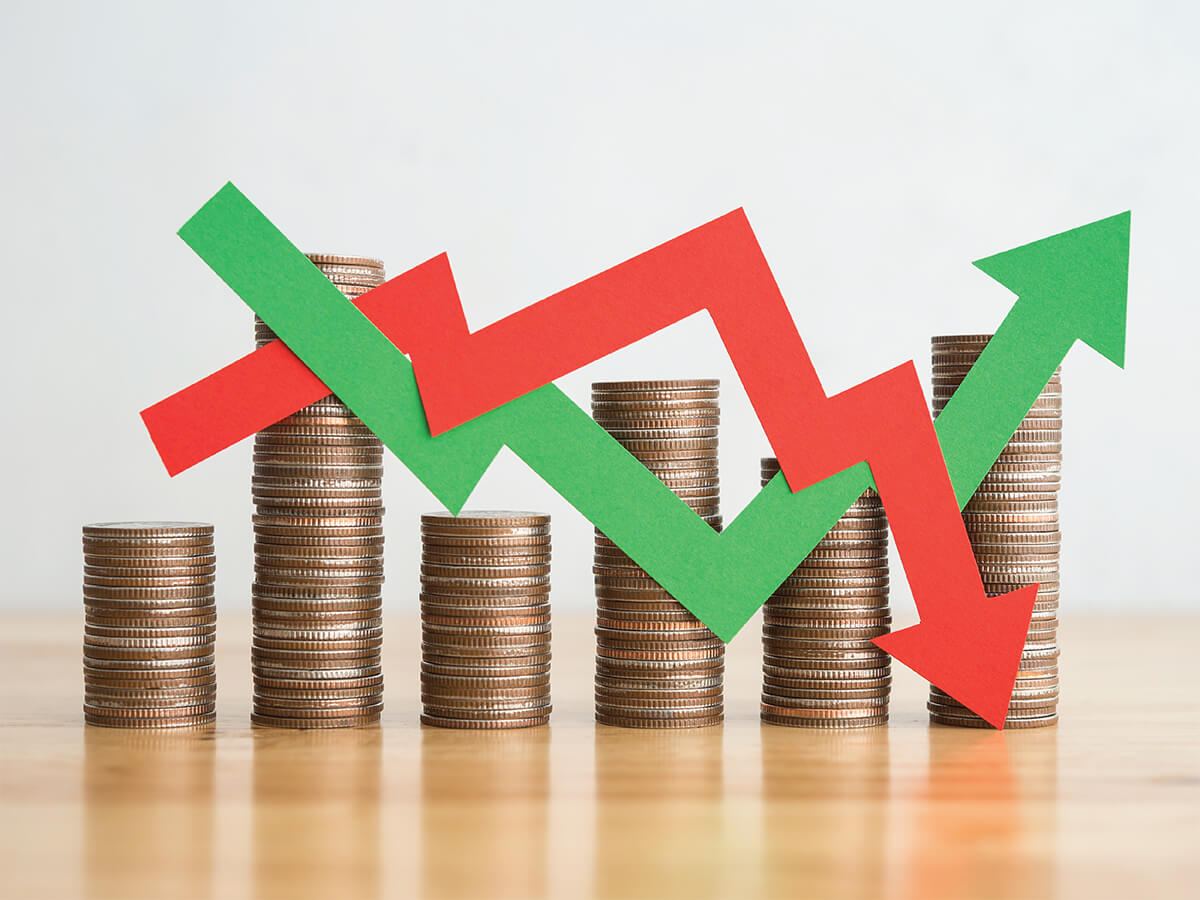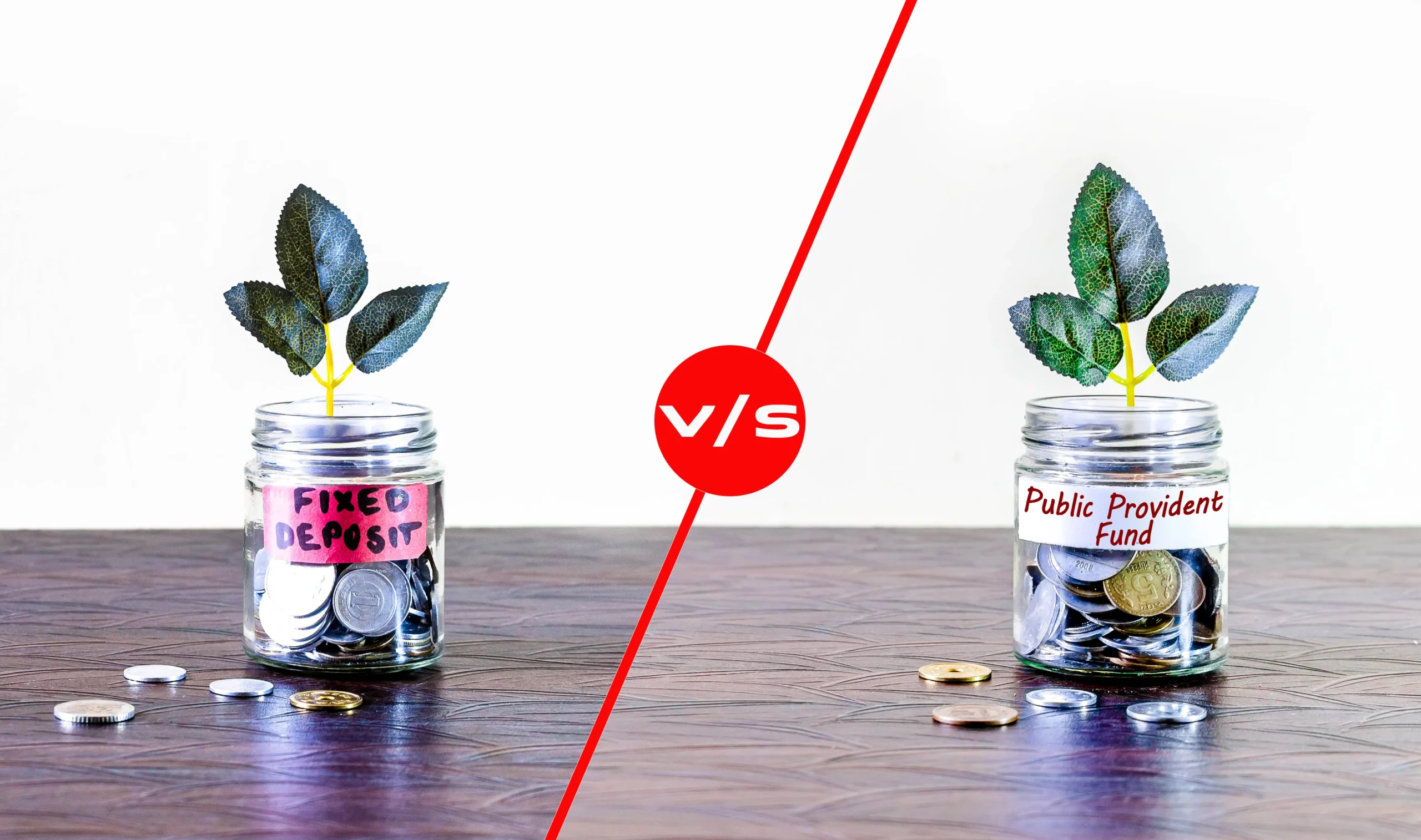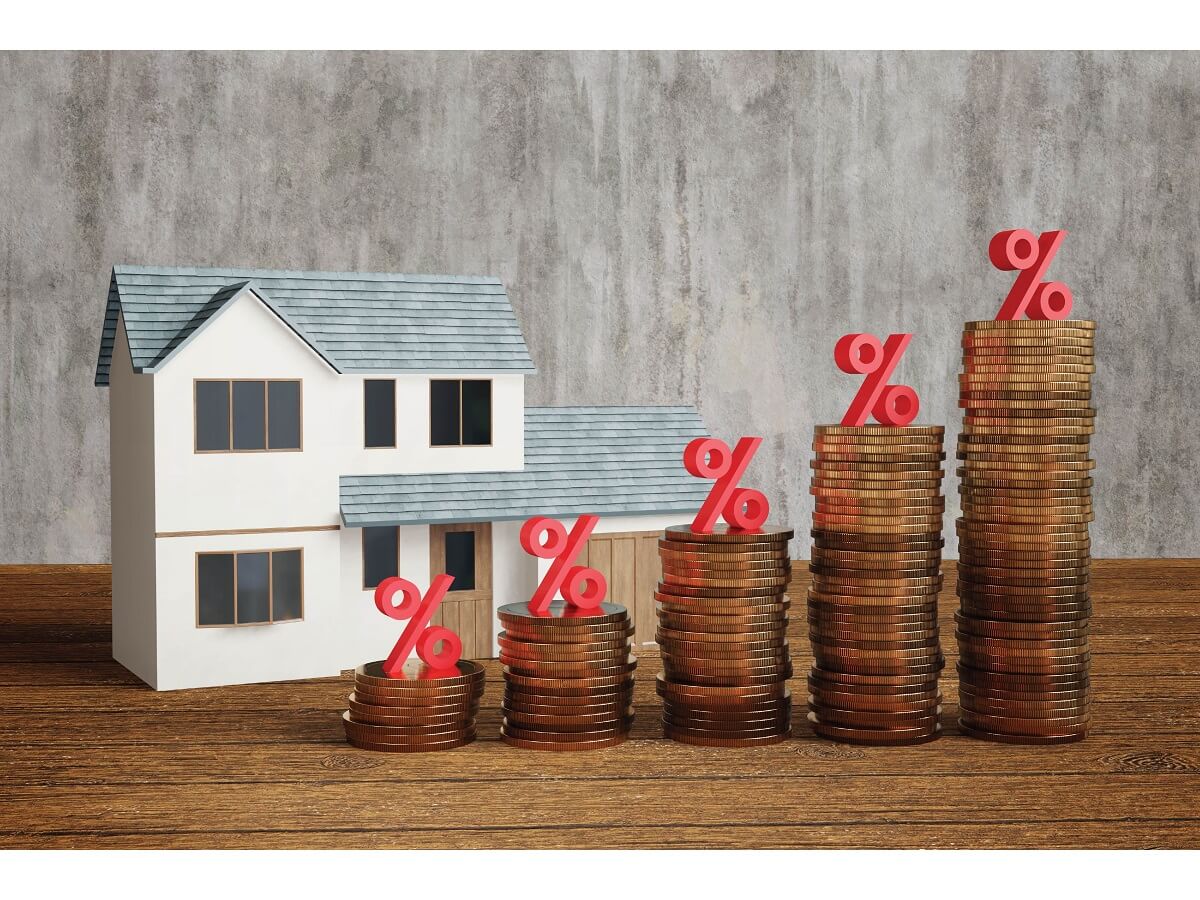When it comes to investing your hard-earned money, Fixed Deposits (FDs) are a popular choice among Indians. FDs offer the security of guaranteed returns over a fixed tenure, making them an attractive option for risk-averse investors. However, the interest rate for fixed deposits offered by different banks can vary significantly.
So, what are the factors that influence the interest rate for fixed deposits?
In this article, we will explore the key elements that determine fixed deposit interest rates in India. By understanding these factors, you can make informed decisions about where to invest your money and maximise your returns. You will also learn how to calculate interest rates for fixed deposits.
Invest Smartly with Mahindra Finance!
FD tenure
The tenure of an FD plays a crucial role in determining the interest rate and the FD interest rate changes with different tenures. Generally, longer tenures fetch higher interest rates. Let’s take an example to illustrate this:
Suppose you have two options for investing ₹1 lakh – Option A with a 1-year tenure and Option B with a 5-year tenure. Assuming both options offer an interest rate of 6%, here’s how your returns would differ:
Option A:
Interest Earned = ₹1 lakh * 6% = ₹6,000
Option B:
Interest Earned = ₹1 lakh 6% 5 years = ₹30,000
As you can see from this example, how FD interest rate changes and a longer tenure can significantly increase your returns.
Invested amount
The amount you invest also affects the interest rate for fixed deposits. Typically, banks have different categories for different investment amounts. Higher investment amounts often attract higher interest rates.
For instance,
– FD amounts less than ₹ 2 crore may have one set of interest rates.
– FD amounts above ₹ 2 crore may have a separate set of interest rates.
Renewals
Auto-renewal facilities offered by banks can also impact the FD interest rate changes on fixed deposits. Opting for auto-renewal allows you to earn a slightly higher interest rate on your FD.
Your age
Your age also plays a role in determining the interest rate for fixed deposits. Banks often offer higher rates to senior citizens or individuals above a certain age threshold.
Economic conditions
The economic conditions of the country have a significant impact on fixed deposit interest rates. Factors such as inflation and monetary policies influence how banks set their rates. For example:
Inflation:
When inflation is high, banks tend to offer higher interest rates on products like fixed deposits to counter the impact of rising prices. This attracts investors and encourages savings.
Monetary policies:
Changes in the repo rate, which is set by the Reserve Bank of India (RBI), can affect FD rates. When the RBI raises the repo rate, banks may increase their FD rates to maintain profitability.
Repo rate fluctuations:
The repo rate directly impacts banks and the interest rates they offer on various financial products, including fixed deposits. In a rising repo rate scenario, banks generally increase their FD rates to offset the higher borrowing costs. Conversely, when the RBI reduces the repo rate consistently, FD rates tend to decrease.
Additional read: Impact Of Repo Rate Changes On FD Interest
Demand and supply conditions
The demand and supply of money in the country also influence fixed deposit interest rates. In a growing economy with a high demand for money, banks may offer higher interest rates on FDs. On the other hand, if there is an excess supply of money compared to demand, interest rates may witness a decline.
Conclusion
So, here we discussed how to calculate interest rates for fixed deposits and also the factors that influence fixed deposit interest rates. This will help you make informed decisions about your investments.
Remember that different banks offer varying interest rates on their fixed deposits. So, it’s crucial to compare rates and consider your financial goals before making a decision. When it comes to investing in fixed deposits, Mahindra Finance offers competitive interest rates and flexible investment options that cater to the needs of rural and semi-urban Indians.
FAQs:
Q: How often do fixed deposit interest rates change?
A: The interest rate for fixed deposits can change based on various factors such as economic conditions, RBI policies, and market dynamics. It’s advisable to check with your bank or financial institution for the latest rates.
Q: Can I calculate the interest rate for a fixed deposit on my own?
A: Yes, you can calculate the interest rate for a fixed deposit using a simple formula. The formula is- Interest = Principal Amount Rate of Interest Time Period. You can use online calculators or consult your bank for accurate calculations.
Q: Do senior citizens get higher interest rates on fixed deposits?
A: Yes, many banks offer higher interest rates on fixed deposits for senior citizens. These additional benefits help provide financial security for retirees and encourage savings among older individuals.

























































